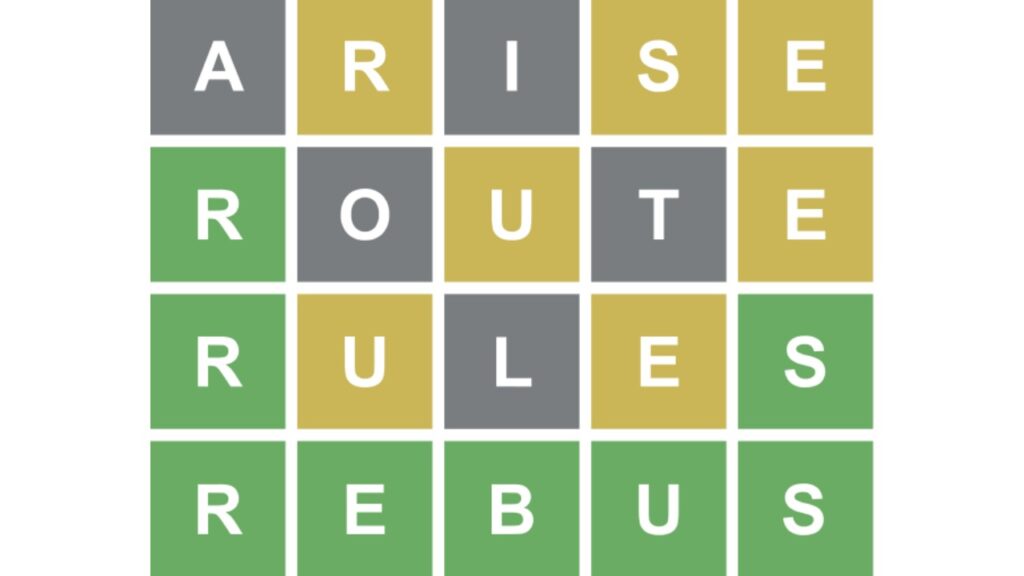The Diff Between Apps vs Software vs Websites
What exactly is an app? Is it the same as software? Can a website have an app? It’s all so confusing. The lingo surrounding computers, the internet, and mobile devices might as well be a foreign language to many users. The good news is once you get down a few basic terms, you’ll be able to accomplish your digital tasks while appreciating technology without the frustrations that come with it. Let’s define some essential terms and explain their differences to get you going.
What’s An App?
The word app is short for application, which is a program you can install and run on your desktop computer or mobile devices like a tablet, smartphone, or smartwatch. Apps can make your life a bit easier or more enjoyable by helping you complete any number of tasks like shopping, paying bills, and playing games.
For example, OneLaunch is an app that contains an array of apps (apps within an app), widgets, and quick links, to help you navigate online and access information while working on your Windows computer.
You can find apps in the Microsoft Store (Windows computers), Google PlayStore (for Windows computers or Android smartphones), or Apple Store (Mac computers or iPhones).
You’ll also find apps directly for download from the vendors themselves. For example, OneLaunch is available for download right from our website, as well as from the Microsoft Windows Store.
While many applications work across these platforms, some apps are mobile or desktop-specific. Before downloading apps to your computer, tablet, or smartphone, look at how much storage they take up on your device and whether they have OS requirements (Windows 10, Windows 11, for example).
Is An App the Same as Software or Website?
Apps, programs, and software are synonymous, with a few caveats.
App vs program, app vs software
Programs, the foundation for software, are a set of instructions that tell a device, such as a desktop computer, what to do. Your computer is equipped with numerous programs that run in the background, which you’ll never see. Software, by definition, is a set of computer instructions that make things happen. An app, by contrast, is designed for end-users to use software.
Software, too, is a set of instructions that can include multiple programs. On the other hand, an application or program performs a specific function for either the user or another application.
App vs website
What about a website? How do websites compare to apps and software programs? A website is one or more related web pages published under a domain name; think Google.com, Amazon.com.
To view the various content and media that websites offer, like blog posts, videos, images, etc., you must use a browser such as OneLaunch, Chrome or Microsoft Edge. Those are apps! You use apps to access websites. And when you’re on websites, it can feel like you’re on an app, but you’re not.
For example, the 2022 web sensation Wordle is, actually, a website (now hosted by The New York Times), but when you access that website, it does look and feel like an app.

Navigating within a website is often done by clicking things like tabs and highlighted links. Websites can have web applications like a contact form or a shopping cart. Although mobile devices have websites as well, they are designed a bit differently to display properly.
To put apps vs websites into perspective, onelaunch.com is our website, which is where you are reading this blog post. You download and install OneLaunch software, and then you open the app (software application) when you want to work online.
Make sense? Good. Here are more examples of apps, software and websites.
Examples of Apps, Software, and Websites
If you have used your computer, tablet, smartphone, or smartwatch, you have experience with all three of these digital components. Now that we’ve highlighted their differences, let’s look at some of the most common apps, software, and websites. By including them on our list, we’re not necessarily endorsing them; we’re including commonly used apps to illustrate that you’ve probably already used apps quite a bit!
Examples of Apps
Productivity Apps
- Google Calendar
- Todoist (create to-do lists to manage tasks)
- Evernote (a powerful note-taking app)
- Zoom (video-conferencing and call app)
OneLaunch includes a number of productivity apps, including a package tracking app and a bunch of features you’ll use every day.
Health Apps
- Doctor On Demand (telemedicine app)
- Health Mate (self-track your vitals and basics)
- Pillboxie (track medications and doses)
Lifestyle Apps
- Airbnb (find and reserve bed and breakfast accommodations)
- GrubHub (order food delivery)
- Kindle (ready digital books)
- Lyft and Uber (rideshare alternatives to taxis)
- Tripadvisor (plan and book travel)
Social Media Apps
All of these have websites you can connect to through a browser, including OneLaunch, but you can also download and install their apps on your mobile devices.
- TikTok
Utility Apps
- Calculator
- Maps
- Weather
- Payments (PayPal, Venmo, and Google Pay)
Examples of Websites + Apps
Software like Microsoft Office contains several apps (software programs) including Word, Excel, Outlook, and PowerPoint. In addition to Adobe Acrobat (for opening, reading, and creating PDFs), Adobe software includes a world of creative apps such as Photoshop and Lightroom. Plenty of business websites have apps as well. The following list of retailers have both website and app experiences to make shopping easier, regardless of the device you’re using:
- Amazon
- Walmart
- Target
- Kohl’s
- Macy’s
OneLaunch’s built-in shopping widget makes connecting with your favorite shopping sites easy.
Most national chain restaurants have a website and app including:
- Subway
- Dominos
- Taco Bell
- Jimmy John’s
- Applebee’s
- Chili’s
- Pizza Hut
- Olive Garden
- Panera
Banking from your desktop or smartphone via an app is an option when you bank with large financial institutions.
- Bank of America
- TCF Bank
- Chase
- Huntington Bank
- Wells Fargo
Smaller local banks and credit unions may have an app as well. Look through their website or search the appropriate app store for your device.
Without question, the terms apps, software, and websites can be confusing and, to be honest, it’s not uncommon for people to misuse the terms, which only adds to the confusion.










 Share On Twitter
Share On Twitter